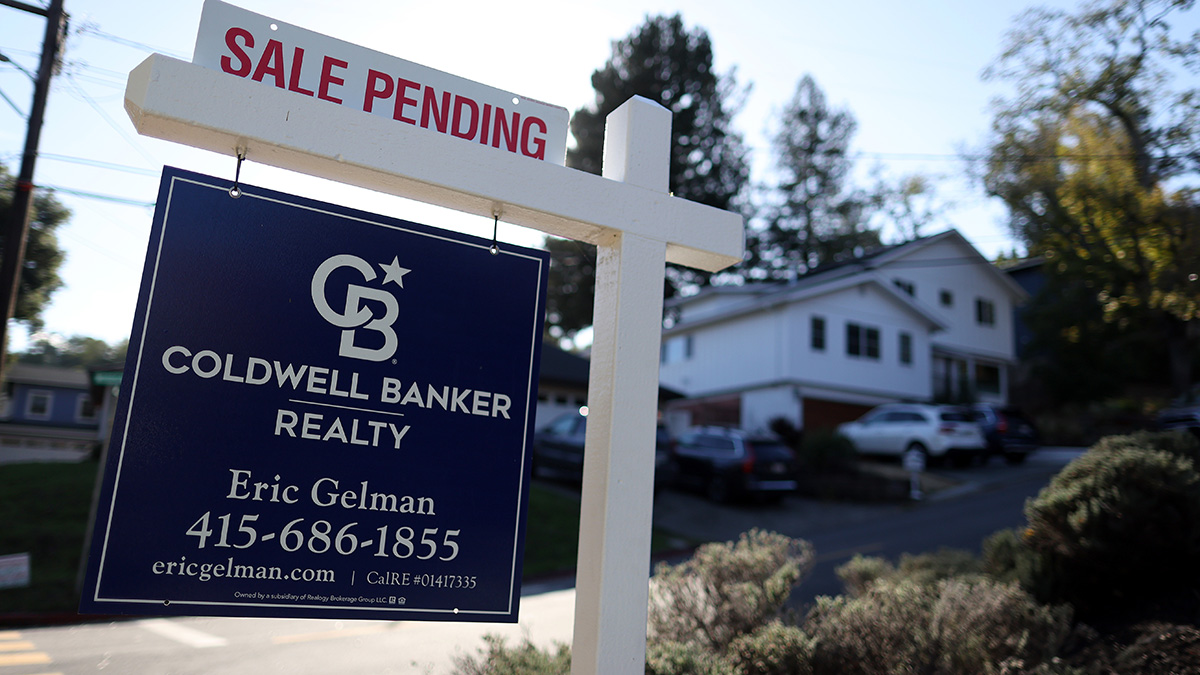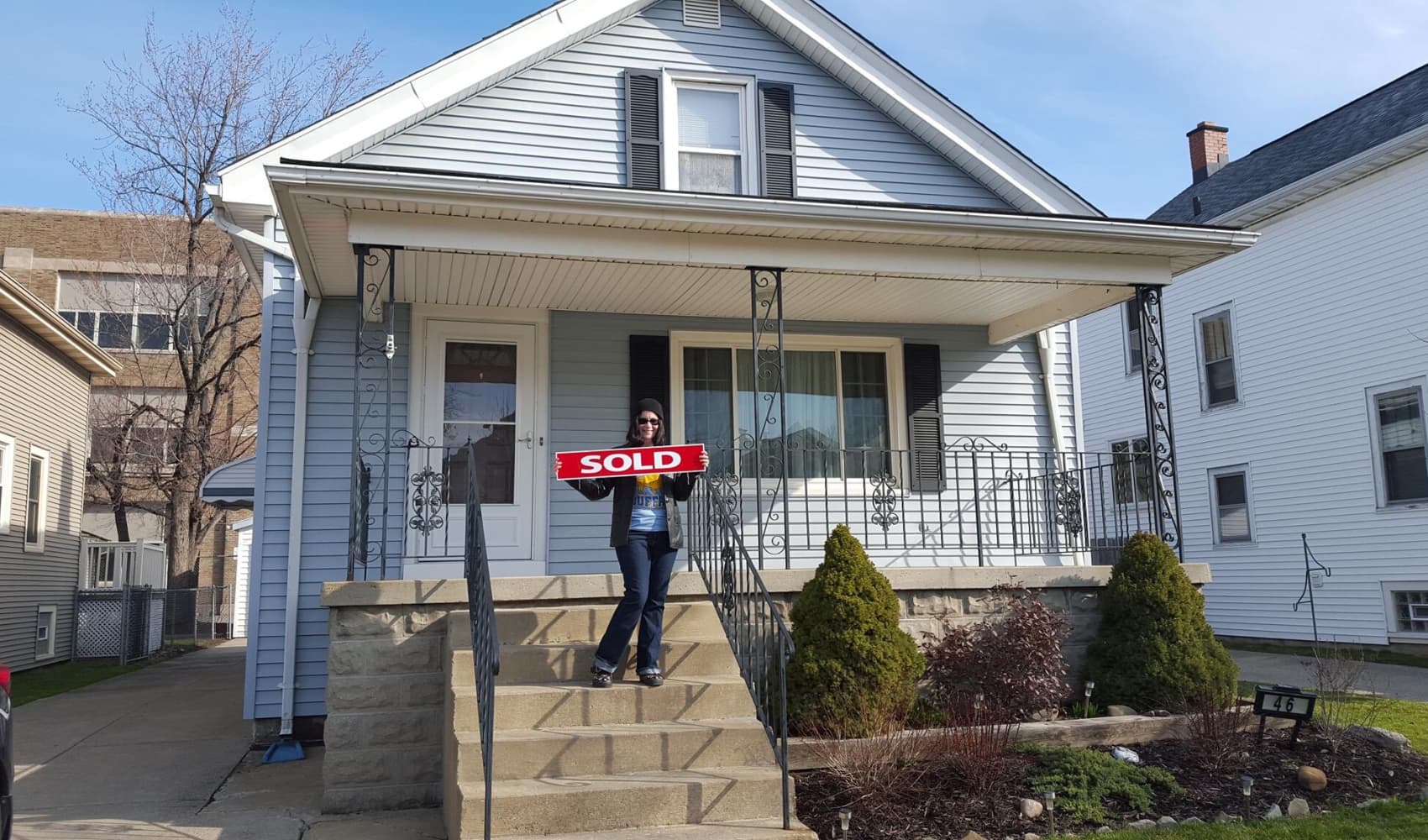
Rear view of woman looking looking at real estate sign, planning to invest in a house. Buying a new home. Property investment. Mortgage loans.
Earlier this year, the National Association of Realtors and several major real estate brokerages agreed to pay over $950 million to settle federal lawsuits claiming they forced homeowners to pay inflated commissions to sell their homes.
The industry also agreed to policy changes aimed at creating more transparency around how brokers and agents are paid for their services.
WATCH ANYTIME FOR FREE
Stream NBC10 Boston news for free, 24/7, wherever you are. |
Real estate brokerage Re/Max last year agreed to pay $55 million to settle litigation over agent compensation. President Amy Lessinger spoke with The Associated Press about what homebuyers and sellers can expect from the industry rule changes taking effect this month.
The interview has been edited for length and clarity.
Get updates on what's happening in Boston to your inbox. Sign up for our News Headlines newsletter.
What are the new changes for homebuyers and sellers?
As it pertains to the settlement, there are just two changes. The first is that offers of compensation can no longer take place on the MLS. And buyers working with an MLS purchase have to sign a written buyer’s agreement. It’s already required in roughly 20 states.
In the News
Will agents now ask for a specific commission or other fees?
Per the settlement terms, it will be spelled out. As far as exactly how that agent is compensated, that is between the buyer and the agent. It could be a flat fee model. It could be that a buyer directs their agent and says, ‘I would like you to negotiate the fee with the seller as part of the contract and if the seller will not offer that, then I may not opt to buy the house.’ But the buyer has to be in control of how the directive is given. And then, obviously, they need to come to terms in an agreement about what happens if the seller isn’t willing to offer compensation. How will that agent be paid and in what way?
Will sellers now decline to make an offer of compensation to a buyer’s agent?
By and large, I have not heard of a wave of ‘we’re not offering compensation’ among the sellers. I think it’s a discussion between the agent and the seller as to the benefit of why they would want to offer it or may not want to offer it. And ultimately, commissions are negotiable, and it is up to the seller as to what they desire in that situation.
US & World
Are we likely to see lower commissions?
That remains to be seen. I think people just need to largely decide what the value is of having a trusted professional represent my best interests, negotiate on my behalf, provide me with their local expertise and walk me through the process?
How do you expect these rule changes to affect real estate agents in the long-term?
For educated professionals in this business, such as our agents, this is an industry shift that they will navigate with professionalism and diligence. Agents who perhaps are very, very part-time or haven’t sold a lot of houses over the course of their career, it may be a challenge for them.







